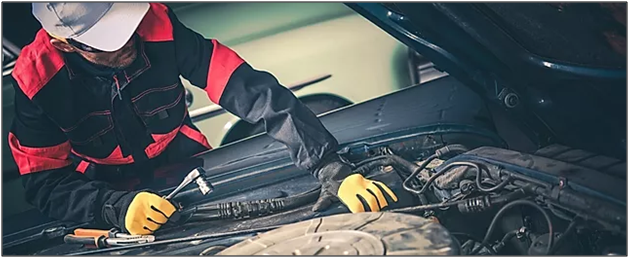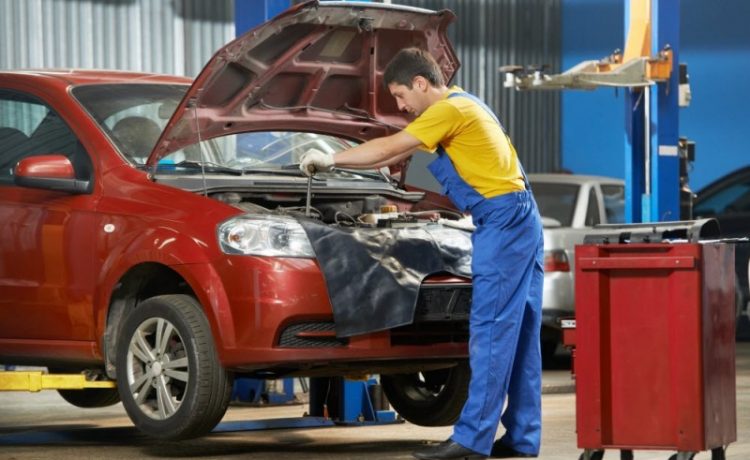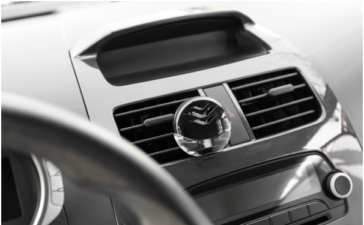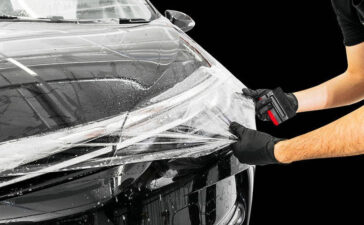In some ways, your car is like a member of your family. You depend on it to get you to those places where you need to go. To pull over on the side of a road is the last thing you want to do because of trouble with your vehicle.
Did you know that a study involving 2,000 cars showed over 68 percent had problems with their cars and didn’t even know it? By taking seven steps below, you could maintain your car longer and save yourself a huge expense out of your pocket.
Change your windshield wiper and clean them
Perhaps you don’t think this step is essential, but if you make it a habit to clean your windshield wipers when you’re pumping gas, you could eliminate problems that may occur when you’re traveling in bad weather. Wipers should be checked every six months, even sooner if you spot signs of visibility trouble. The best way to remember is to change it during Ground Hog day.
Look out for your tires
Maintaining your tires is probably a no brainier effort for you. However, even if your tires are in pretty good condition, you still will want to keep a check on them like these because the weather changes the thread on your tires, especially during the cold season. Some other things you can do for your car’s tires are staying clear of potholes, try to keep your tires under a cover and out of all extreme weather, maintain the recommended pressure, keep a check on the tread of your tires. Make it a habit to test your tires at least once a month.

Checking your oil
Your car oil keeps your car engine lubricated. Without it, you risk paying even more money out than if you had changed the oil filter. You should change the oil every 3,000 or 6,000 miles or whatever your manual recommends. Also, you should beware of the color of the oil when you do a check. Gold means it is in pretty good shape, but if it is brown or black, then you’ll need to change the oil filter.
Car brakes
Be aware of the following trouble when it comes to your brakes: constant noise or grinding, brakes lights staying on, a vibration in your brakes, brakes are hard to push, fluid leaks, squishy or spongy brakes, it takes longer to stop. Brakes perform a vital function for your car, and brake pads should be changed between 40,000 or 60,000 miles. Changing your brakes can keep you out of a nasty accident.
Changing tyres
You must be careful while changing tires & checking air pressure. On the contrary side of the vehicle, put a chock behind a wheel. Check your manual for the jacking area nearest to the flattened tire and spot jack accordingly. Never go under the vehicle. Release nuts on the wheel with an attachment wrench.
Lift vehicle until the wheel is off the ground, the tire just should be at a stature where it very well may be expelled. Evacuate nuts, slide wheel towards you and put in a safe spot. Set up save tire and immovably screw nuts on. Lower jack, so the tire is on the ground, at that point fix the nuts.
Check on your air filter
Quite a few car problems come from having dirty air filters. Your air filter hinders dirt and other debris from entering your engine. If not properly maintained, your car performance could suffer. Remember always to change the air filter every year or every 12,000 miles.
Protect your car with covering
Trees, birds and even the sun can affect your car’s paint job, not to mention nature has a way of wearing down your vehicle. Keep your vehicle looking good and lasting longer by placing it in the garage or having a cover over your car.









